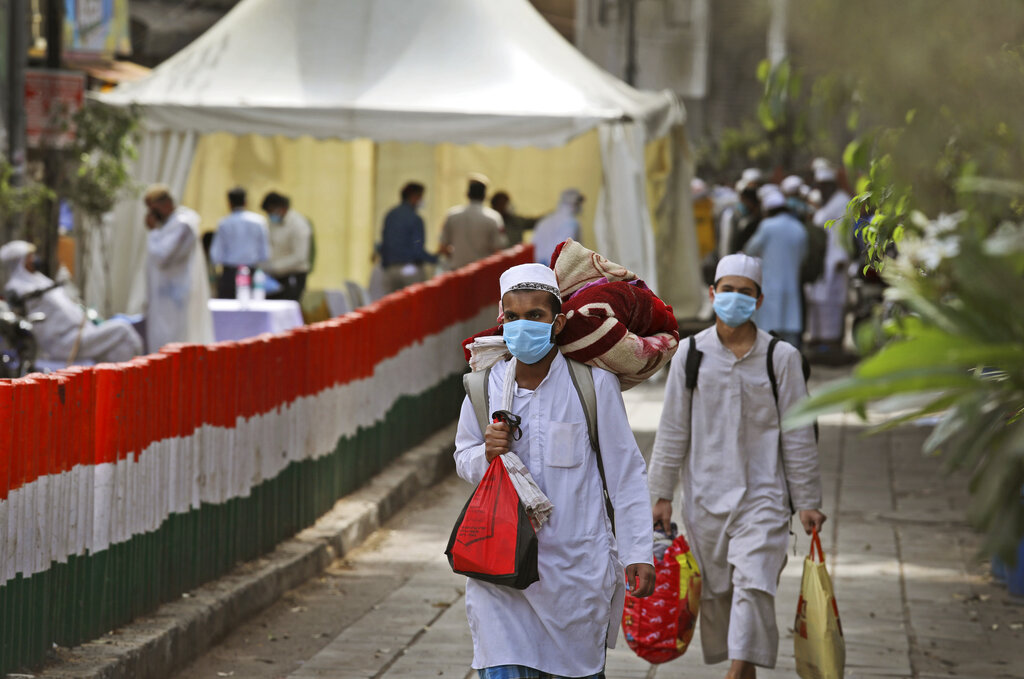Information — not just data — is the new oil of the modern age. But it needs to be mined and shared with caution. This caveat has been reinforced by the Supreme Court’s timely directive to the Centre to set up a portal within a specific period of time for the dissemination of real-time information about the coronavirus outbreak in the country. Misinformation, India’s highest court has rightly observed, can lead to mass panic which, in turn, could have a debilitating effect on public life in the time of a pandemic. The court’s concern is not unwarranted. A woman had been arrested in Calcutta for disseminating false information concerning the crisis. Several people have also been arrested in Gujarat for a different kind of misdemeanour: they called for a social and economic boycott of the minority community on social media in the light of the controversy over the alleged role of the Tablighi Jamaat in spreading the infection.
The Supreme Court has also directed the media to publish the ‘official’ version of developments related to the coronavirus. The court has insisted on the need for transparent and timely information without imposing limitations on discussions on the issue. Significantly, the Editors’ Guild of India has expressed its dissatisfaction — not with the court but — with the Centre on the matter, questioning the government’s attempt to malign the media for creating panic, especially among the vast constituency of migrant labourers, many of whom were forced to undertake long, arduous journeys after the lockdown. There are reasons to suspect that the court’s order may not be complied with by the powers that be in the right spirit. Attempts have been made to restrict access to the health ministry’s briefings; health experts have expressed concern that officials are refusing to share critical information on the nature of the spread of the pandemic as well as the state of preparedness of India’s creaky healthcare infrastructure — are ventilators and other critical care equipment available in adequate numbers? — for what appears to be an unequal battle. Any reluctance to share information on the part of the government would not only add to the sense of unease but also make it difficult for independent monitoring agencies, including the media, to get a sense of the situation on the ground. Such opacity is exactly what the court has sought to neutralize.











